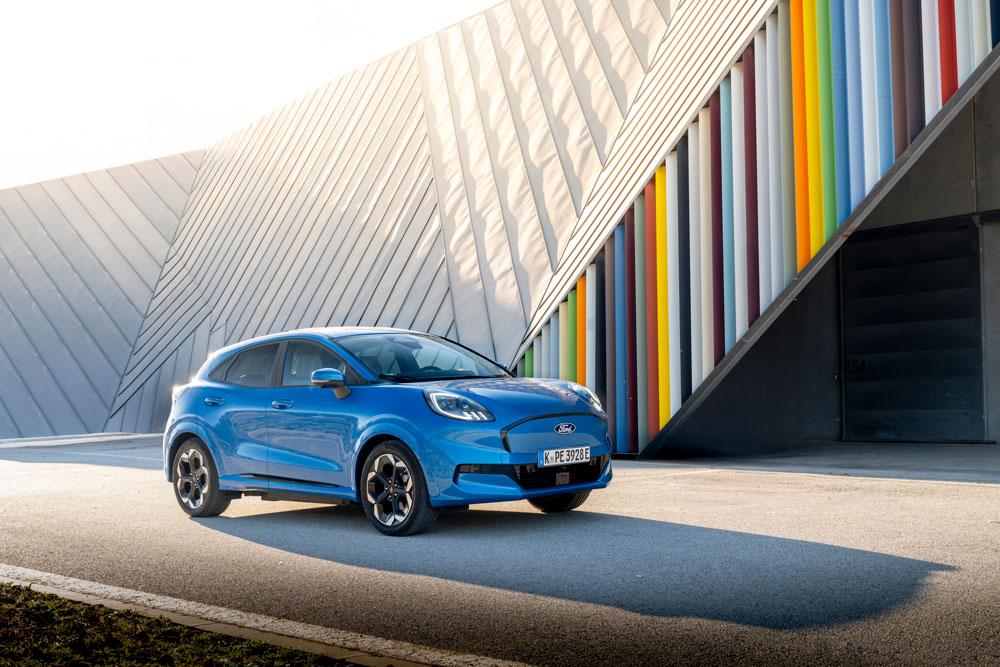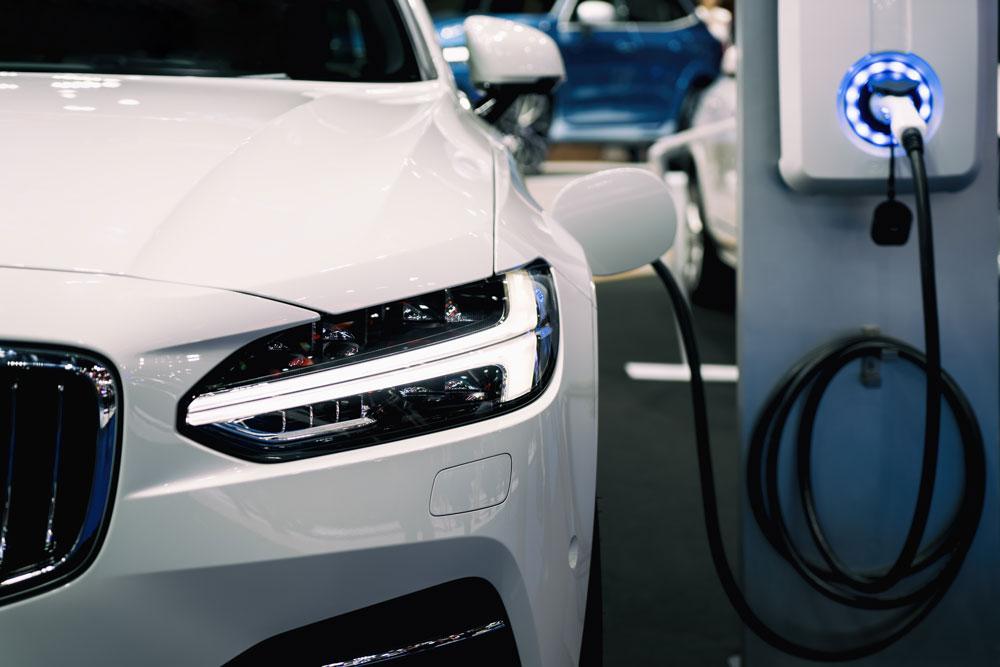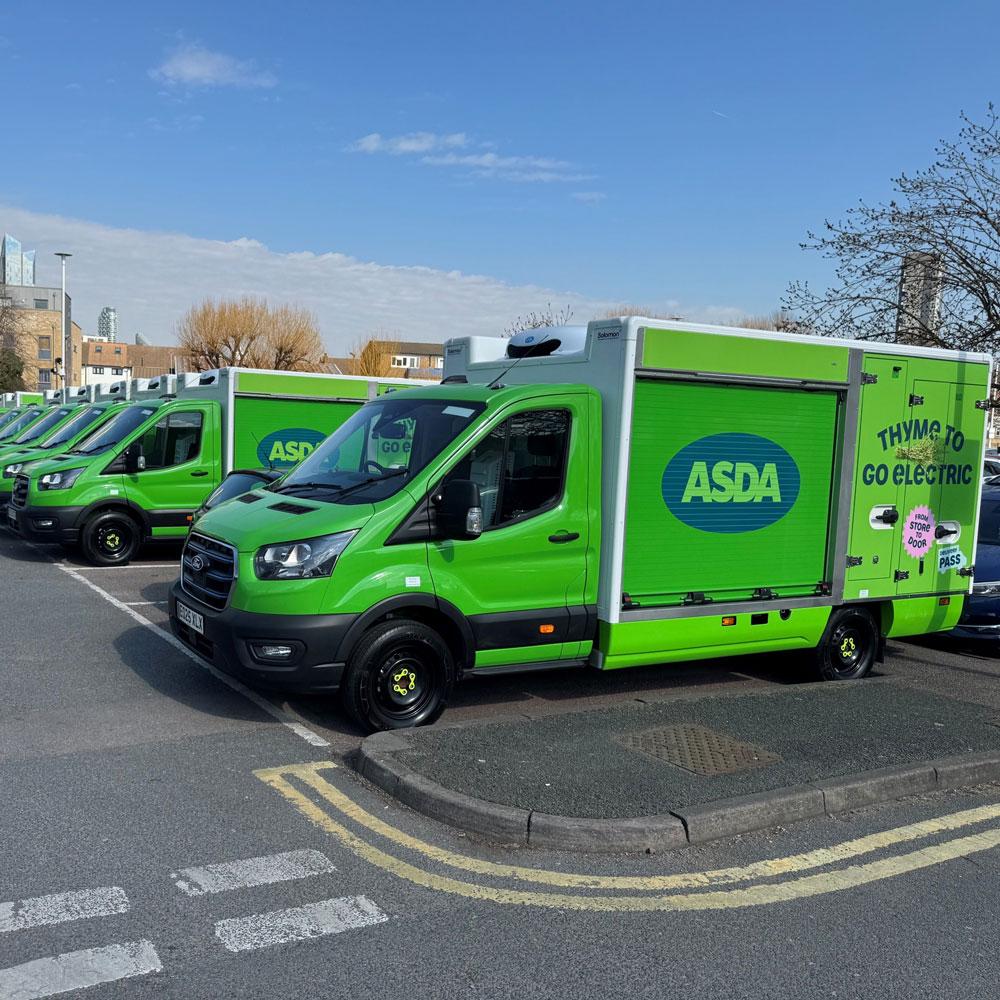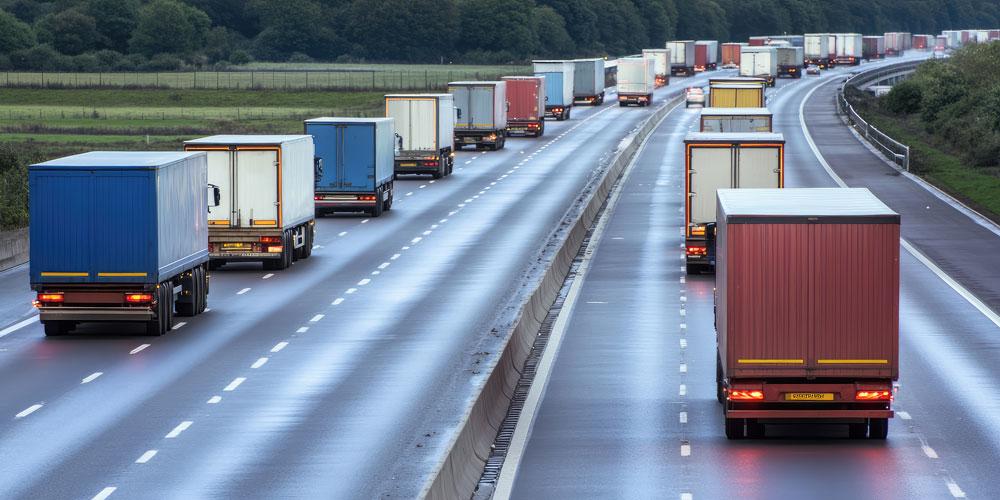Hitachi ZeroCarbon and GRIDSERVE have published the Electric Freightway Project’s second report, which shows the progress made, including putting the project's first eHGVs on the road.
Electric Freightway, led by GRIDSERVE, is part of the Zero Emission HGV and Infrastructure Demonstrator programme, funded by the Department for Transport and delivered in partnership with Innovate UK.
As part of the project, A.F. Blakemore and Son, Samworth Brothers, Boughey and United Utilities have all added eHGVs to their existing fleets, while other consortium partners have placed orders.
Sam Clarke, commercial lead at GRIDSERVE, said: “With Electric Freightway, we are writing the rule-book on the development and deployment of public and private eHGV infrastructure in real-time. We are in the process of creating a viable eHGV network at the lowest possible cost, in the fastest possible time frame, all with fleet managers and operators in mind.
“Since the last report we have made tangible progress, and have conducted extensive planning and preparations to deliver our first milestones of getting eHGVs on the road, and charging stations deployed. This report keeps us honest and accountable, and shows our diligence in creating infrastructure which will ensure we deliver world-leading transport infrastructure that is fit for the future.”
Other progress includes Hitachi ZeroCarbon successfully developing a comprehensive data analytics platform that will objectively compare the operational performance of diesel HGVs to eHGVs.
The project has also interviewed senior managers and drivers of HGVs ahead of electric truck deliveries to understand views on the perceived benefits like reduced noise and environmental impact, and concerns about how range and access to charging will impact daily operations.
The report showed that the project consortium has prioritised research and planning to lay the groundwork for an efficient and effective transition to eHGVs.
GRIDSERVE has worked with consortium partners to secure public and private charge stations that will be pivotal to the project’s success. This includes navigating a web of viability and feasibility studies, site surveys and agreements, local stakeholder and driver engagements, permissions, network capacity and legal agreements, in addition to the infrastructure build and maintenance.
Beyond physical infrastructure, the report also highlights the importance of digital technologies in delivering best-in-class data management and analysis. It shows that Hitachi ZeroCarbon’s platform will play a critical role in proving the industry is ready for eHGVs and will equip fleet operators and managers with the insights needed for the journey towards electrification.
“Our analysis of environmental benefits alongside total cost of ownership will help provide a strong investment case for future eHGV deployments,” commented Leon Clarke, head of operations and delivery at Hitachi ZeroCarbon.
“We fundamentally believe that smart, actionable data can underpin enhanced battery health, fleet route planning and charging sessions, and so accelerate the path to electrification. We are enabling logistics companies to compare total cost of ownership to make the investment case for transitioning their fleets to EVs. We’re excited about using our platform to draw analysis from real-world eHGV demonstrations and prove its benefits throughout the project lifecycle.”







